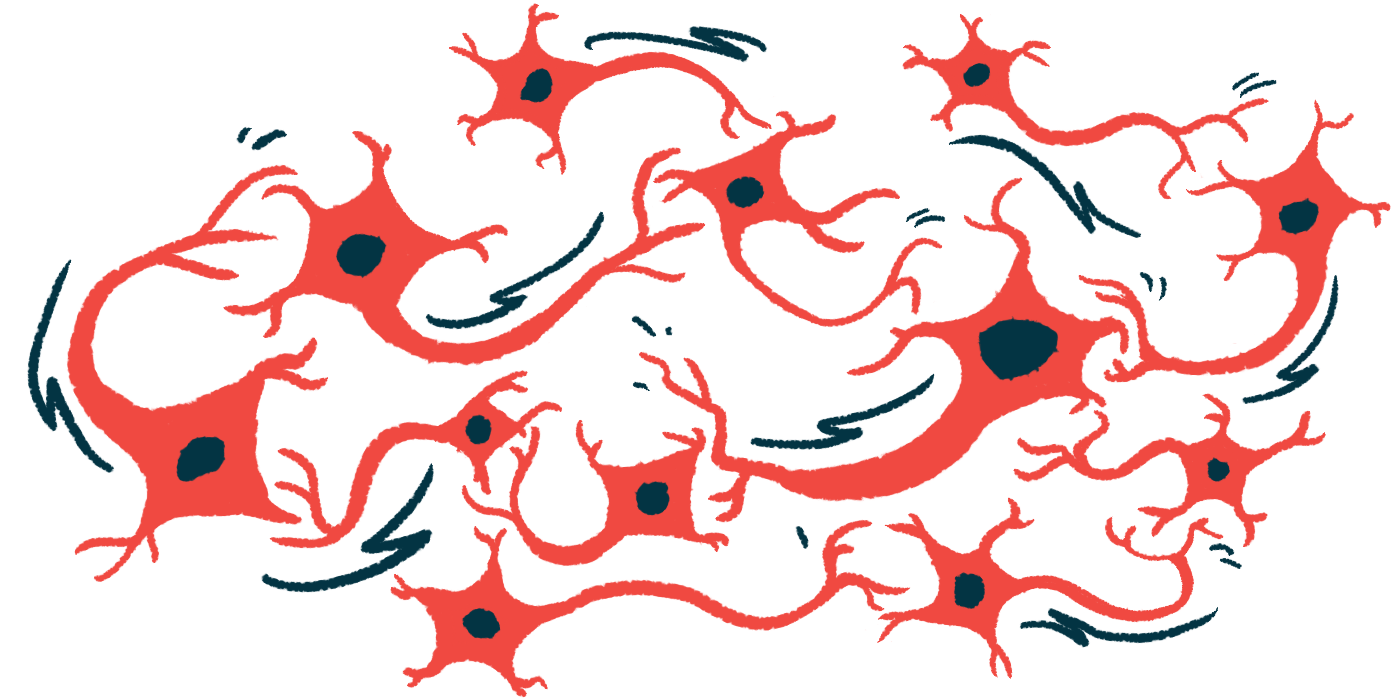Using Afuresertib to Block AKT Enzyme Is ‘Exciting Development’
Experimental cancer drug seems to help normalize cellular pathways

AKT, an enzyme that is involved in multiple cellular processes, is overactivated in neural stem cells that lack the FMRP protein, as is the case in fragile X, leading to the stimulation of a cellular quality control pathway called NMD, according to a new study.
Blocking AKT in these cells with afuresertib, an investigational medication that is being evaluated in Phase 1 and 2 clinical trials for several types of cancer, stabilized NMD activity.
“Normalizing two major pathways that contribute to fragile X syndrome is an exciting development, and using a drug that has already been through early clinical trials and that has been shown to be safe in patients puts us a step ahead, as opposed to starting from scratch with a brand new molecule,” Elizabeth Abshire, PhD, one of the lead authors of the study, said in a press release.
“There is still a lot we don’t know about how AKT and NMD interact, because they are both massive pathways that influence and regulate multiple activities in cells, but this work provides good direction,” she added.
The study, “AKT constitutes a signal-promoted alternative exon-junction complex that regulates nonsense-mediated mRNA decay,” was published in the journal Molecular Cell.
Fragile X is a genetic disorder caused by the lack of the FMRP protein, which is involved in the regulation of other proteins and also plays a role in nerve cell communication. FMRP deficiency leads to developmental problems, learning disabilities and behavioral issues.
In cells, the AKT enzyme is important for glucose metabolism, cell growth, and protein production. Dysregulation of AKT is associated with cancer, diabetes, heart and neurological diseases, as well as fragile X.
NMD (nonsense-mediated mRNA decay) is a mechanism of gene regulation that destroys defective mRNA transcripts (molecules that carry instructions to produce functional proteins). This pathway also regulates several biological functions.
According to several reports, both AKT and NMD are overactivated in fragile X.
Now, a team of researchers at the University of Rochester in New York, and the University of California, have conducted a study to assess how AKT and NMD interact, which could lead to the development of new therapies for fragile X.
Using iPSCs
The researchers previously observed that the activity of the NMD pathway was increased in induced pluripotent stem cells (iPSCs) developed from cells derived from patients with fragile X. iPSCs are adult cells that have been reprogrammed to a stem-cell state in which they are able differentiate into almost any type of cell.
In this study, the team created neural stem cells derived from iPSCs and suppressed the expression of FMRP, to resemble what occurs in fragile X. They then treated these cells with afuresertib or a solution that did not contain afuresertib (control).
Findings showed that NMD was hyperactivated in FMRP deficient cells. However, when afuresertib was added, AKT signaling was inhibited and the activity of NMD was attenuated.
“Thus, the observed hyperactivated NMD that typifies the loss of FMRP in [fragile X] appears to be partially attributable to enhanced AKT signaling,” the researchers wrote.
The exon junction complex
To learn more about how AKT controls NMD, the team performed a set of experiments that showed AKT associates with the exon junction complex (EJC). EJC is a protein complex that tags specific sections in mRNA molecules so they can be translated correctly into proteins, and it also stimulates NMD under certain conditions.
Insulin, which is a known mediator of the AKT pathway, increased NMD and the number of AKT-containing EJCs in immortalized human embryonic kidney cells, a cell line commonly used in the lab.
“By revealing a new mechanism by which AKT-signaling alters NMD and gene expression, we have a more complete understanding of disease mechanism. The more we know about this important signaling pathway, the more we can think about targets to suppress its hyperactivity,” said Lynne Maquat, PhD, the corresponding study author.
“This adds another aspect to how we can understand dysregulated pathways in diseases like fragile X and cancer when we are thinking about drugs,” Maquat added.







